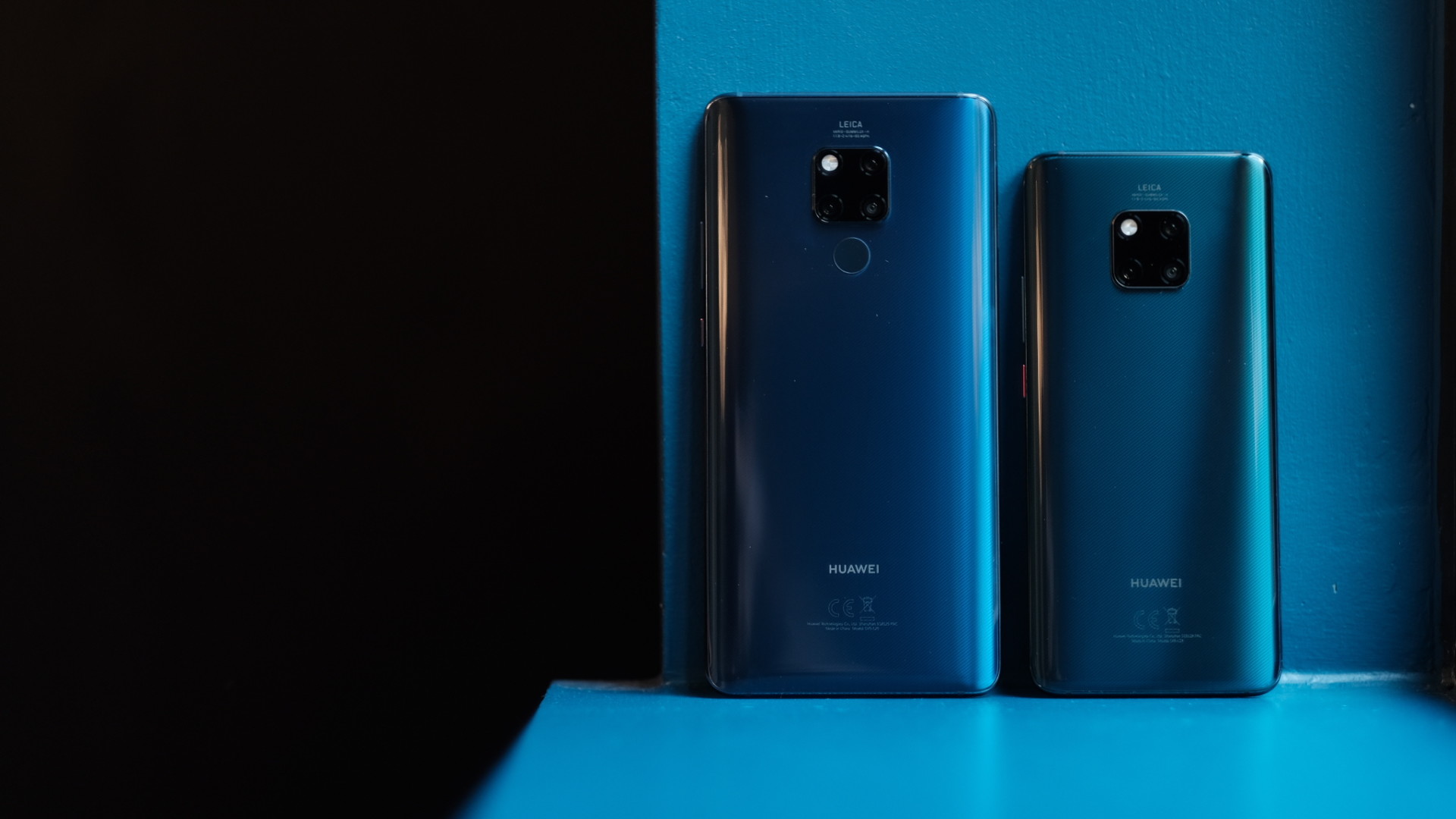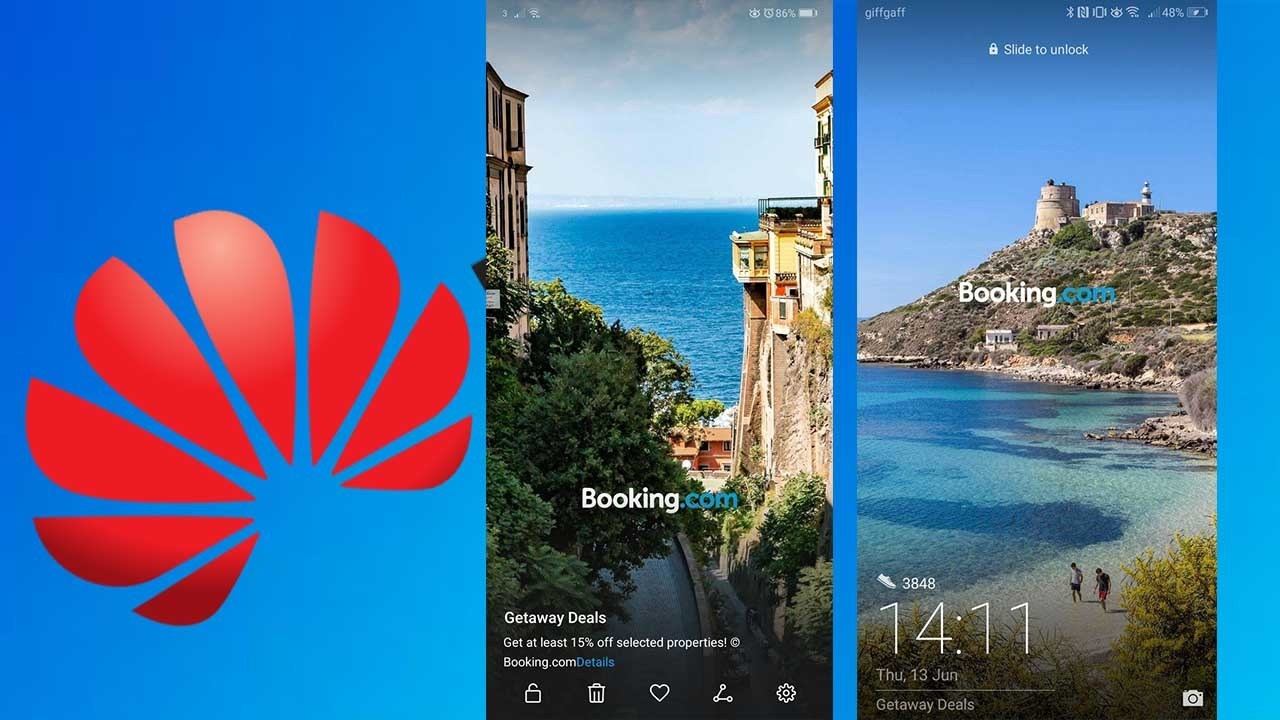Many Chinese OEMs have a history of cramming ads into their phones, and it looks like we have a new entrant in this category – Huawei.
[fvplayer id=”1978″]
Xiaomi is the prime example of this, and it has been pushing ads through its custom Android UI skin called MIUI.
However, in their defense, they say they don’t earn profits on the phones, so ads and accessories are making the majority of the money. Xiaomi, after receiving a lot of criticism, had decided to give a toggle to turn off these ads in the upcoming update.
Interestingly, Xiaomi pushed these ads in a particular region; while on the other hand, Huawei has taken a global approach.
A lot of Huawei phone users have taken to Twitter to voice their concerns. According to the tweets made by the users, these ads started to show up on the lock screen of the phones. All these ads are utilizing the preinstalled wallpapers to showcase the ads on the lock screen.
https://twitter.com/ValexWhoa/status/1139158911037116416
All of the reports hint that the majority of these ads belongs to the Hotel Reservation Service called Booking.com.
Wtf. https://t.co/Fv4RzUmM1D ads on my lock screen. Anyone else with a Huawei getting this? pic.twitter.com/ILI6vs6wVD
— Ed Spencer (@efjspencer) June 13, 2019
The Huawei phones that are affected by this ad fiasco are P20 Pro, Honor10, P20 Lite, P20, and P30 Pro. Unlike its counterparts, Huawei is showing these ads globally, which includes the Netherlands, Ireland, Norway, UK, Germany, and South Africa.
Is this happening due to the US-China trade war?
As we have mentioned earlier, companies like Xiaomi use this tactic to earn revenue. This tactic helps them in selling their device at a lower price.
Huawei has no history of using these practices. We speculate that Huawei’s revenue has taken a hit and the company is trying to make it back.

However, this strategy could backfire as customers in the US market has shown their allegiance towards even though there is trade war going on.
Huawei needs to tread carefully if they want their piece in the US market if the trade war ends.an sell









